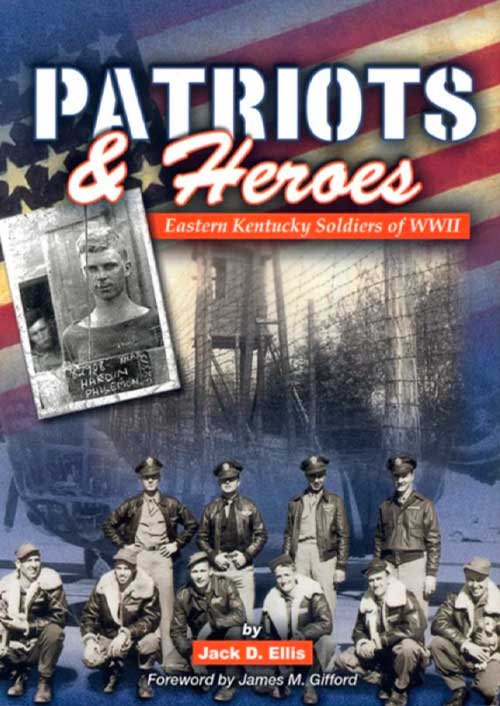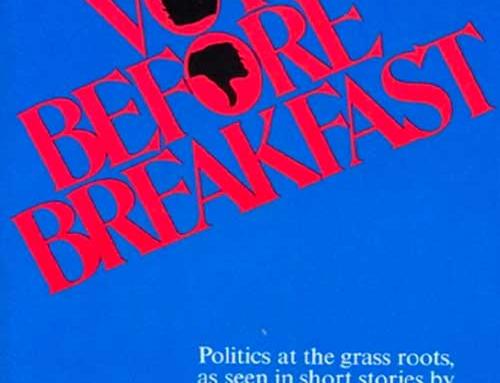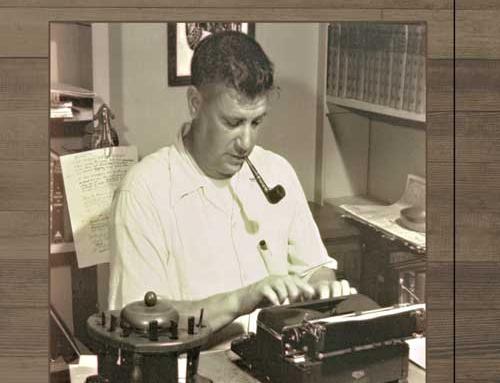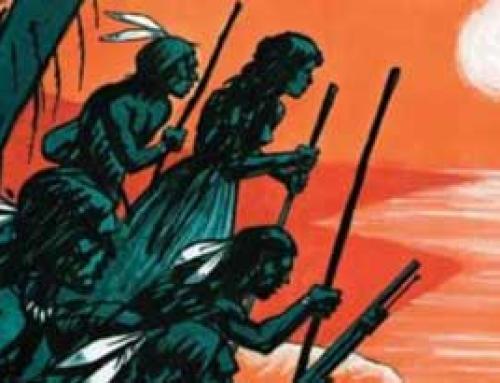Oh, Jefferson, what you declared in ink
Each hedgerow claimed a thousand times in blood!
Phil Hardin, “Welcome to Hell”
News anchor Tom Brokaw, in his two national best-selling books, called the veterans of WWII the “Greatest Generation.” They were men and women who grew up during the depression; they knew how to sacrifice and do without. They were citizen soldiers who unselfishly answered their country’s call and became the often unheralded freedom fighters of their generation.
 They knew what it was to say goodbye to those they dearly loved. They knew what it was to board a train and wave a tearful goodbye. They knew what it meant to be separated from family for months and years. They prepared themselves for the physical and emotional challenge of learning to kill.
They knew what it was to say goodbye to those they dearly loved. They knew what it was to board a train and wave a tearful goodbye. They knew what it meant to be separated from family for months and years. They prepared themselves for the physical and emotional challenge of learning to kill.
They never wavered in their resolve. They believed their country needed them, and they were determined to serve to the best of their ability. Most of them never thought of themselves as heroes. They were an extraordinary and unselfish generation.
“Patriots and Heroes: Eastern Kentucky Soldiers of World War II” by the late Jack D. Ellis, Morehead State University head librarian, recalls the suffering and sacrifice of a representative group of that extraordinary generation. It profiles combat veterans who were prisoners of war, missing in action, killed in action, and those that returned safely.
Their stories are representative of the heartache, horror, sacrifice, suffering, and separation endured by millions. Those brave, peace-loving men answered their country’s call and sacrificed years of their lives. They gave up much of their personal freedom in order to preserve this nation’s freedom. They did so without complaint because they recognized that America’s freedom hung in the balance. Over 268,000 men were listed as “KIA,” killed in action, or “MIA,” missing in action, or “POW,” prisoners of war.
Many surviving POWs suffered unbelievable hardships or inhuman treatment as prisoners of war. Their life was a living hell for months or years, and half of them died in enemy prison camps. Those who survived continued to suffer post-traumatic stress syndrome for the remainder of their lives.
One of the soldiers profiled in this book is Franklin Sousley from Fleming County who was one of the six men who raised the flag on Mount Suribachi at Iwo Jima. Sousley was killed in action three weeks later, but many of his Appalachian brothers and sisters returned to a hero’s welcome. More importantly, they derived the educational benefits of the G.I. Bill, and used their education and training to revitalize the quality of life in their Appalachian homeland.
After many of those WWII veterans had reared their children and retired, they began to reflect on their lives. They realized just how fortunate they were to have survived. Many felt an obligation to tell their story in order to respect the memory of those who did not return.
This book is a reminder of the horror of war and a reflection of the courage and resiliency of our nation’s Greatest Generation. In the aftermath of Memorial Day and the anniversary of D-Day, it is a book that reminds us of the patriots and heroes of every generation.
For more information about “Patriots and Heroes: Eastern Kentucky Soldiers of World War II” by Jack D. Ellis, contact the Jesse Stuart Foundation at 606-326-1667 or e-mail jsf@jsfbooks.com.
By James M. Gifford
JSF CEO & Senior Editor
Oh, Jefferson, what you declared in ink
Each hedgerow claimed a thousand times in blood!
Phil Hardin, “Welcome to Hell”
News anchor Tom Brokaw, in his two national best-selling books, called the veterans of WWII the “Greatest Generation.” They were men and women who grew up during the depression; they knew how to sacrifice and do without. They were citizen soldiers who unselfishly answered their country’s call and became the often unheralded freedom fighters of their generation.
They knew what it was to say goodbye to those they dearly loved. They knew what it was to board a train and wave a tearful goodbye. They knew what it meant to be separated from family for months and years. They prepared themselves for the physical and emotional challenge of learning to kill.
They never wavered in their resolve. They believed their country needed them, and they were determined to serve to the best of their ability. Most of them never thought of themselves as heroes. They were an extraordinary and unselfish generation.
“Patriots and Heroes: Eastern Kentucky Soldiers of World War II” by the late Jack D. Ellis, Morehead State University head librarian, recalls the suffering and sacrifice of a representative group of that extraordinary generation. It profiles combat veterans who were prisoners of war, missing in action, killed in action, and those that returned safely.

Their stories are representative of the heartache, horror, sacrifice, suffering, and separation endured by millions. Those brave, peace-loving men answered their country’s call and sacrificed years of their lives. They gave up much of their personal freedom in order to preserve this nation’s freedom. They did so without complaint because they recognized that America’s freedom hung in the balance. Over 268,000 men were listed as “KIA,” killed in action, or “MIA,” missing in action, or “POW,” prisoners of war.
Many surviving POWs suffered unbelievable hardships or inhuman treatment as prisoners of war. Their life was a living hell for months or years, and half of them died in enemy prison camps. Those who survived continued to suffer post-traumatic stress syndrome for the remainder of their lives.
One of the soldiers profiled in this book is Franklin Sousley from Fleming County who was one of the six men who raised the flag on Mount Suribachi at Iwo Jima. Sousley was killed in action three weeks later, but many of his Appalachian brothers and sisters returned to a hero’s welcome. More importantly, they derived the educational benefits of the G.I. Bill, and used their education and training to revitalize the quality of life in their Appalachian homeland.
After many of those WWII veterans had reared their children and retired, they began to reflect on their lives. They realized just how fortunate they were to have survived. Many felt an obligation to tell their story in order to respect the memory of those who did not return.
This book is a reminder of the horror of war and a reflection of the courage and resiliency of our nation’s Greatest Generation. In the aftermath of Memorial Day and the anniversary of D-Day, it is a book that reminds us of the patriots and heroes of every generation.
For more information about “Patriots and Heroes: Eastern Kentucky Soldiers of World War II” by Jack D. Ellis, contact the Jesse Stuart Foundation at 606-326-1667 or e-mail jsf@jsfbooks.com.
By James M. Gifford
JSF CEO & Senior Editor




